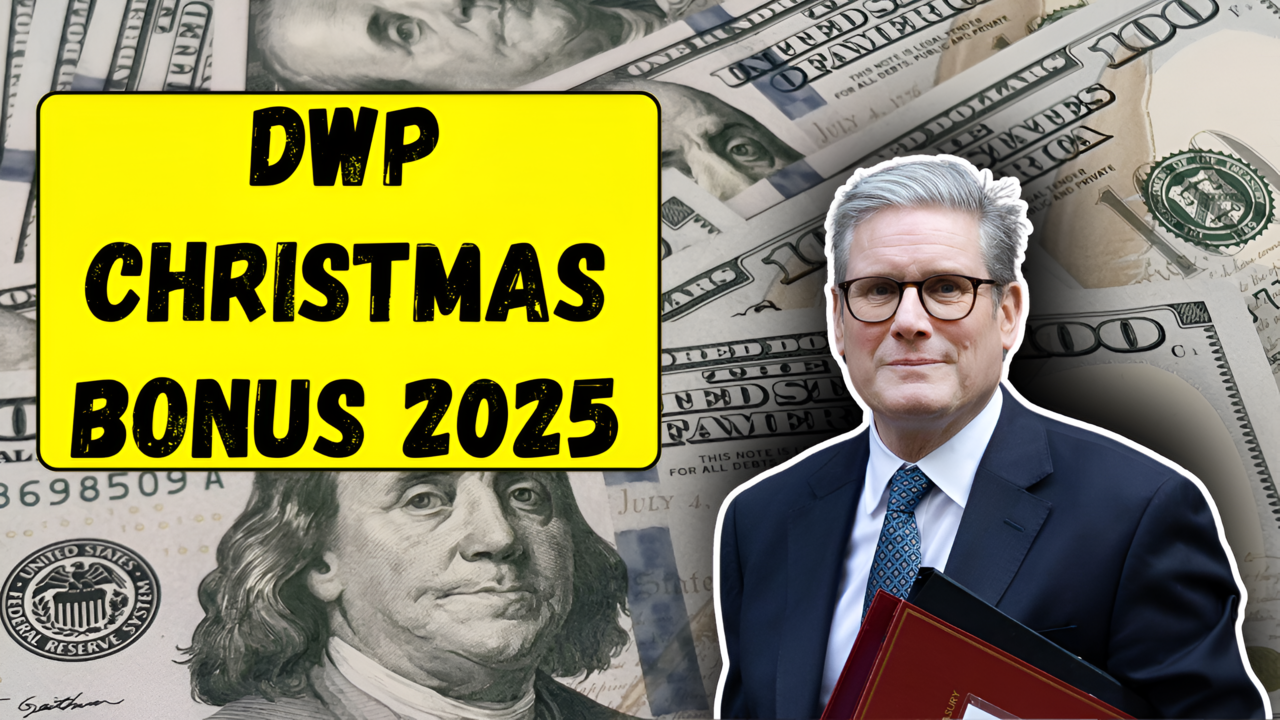The festive season is a time of joy, togetherness, and giving. However, for many individuals and families in the UK, it can also be a time of financial strain. To address this, the Department for Work and Pensions (DWP) has historically provided a Christmas Bonus to benefit claimants. While this bonus has remained at £10 since its introduction in 1972, a recent petition advocating for an increase to £165 has gained significant traction. This article explores the history of the Christmas Bonus, the reasons behind the petition, and the potential impact of an increase.
The History of the DWP Christmas Bonus
The DWP Christmas Bonus was introduced in 1972 as a one-off payment to help benefit claimants during the holiday season. At the time, £10 was a meaningful amount, providing recipients with additional financial support for Christmas expenses. However, over the past five decades, the value of £10 has significantly diminished due to inflation. What was once a substantial contribution now barely covers the cost of a small gift or a meal.
Despite the changing economic landscape, the Christmas Bonus has remained unchanged at £10. This stagnation has led to growing calls for an increase, particularly as the cost of living continues to rise.
The Petition for an Increase
In 2025, a petition was launched to raise the DWP Christmas Bonus from £10 to £165. The petition highlights the inadequacy of the current amount and argues that an increase is long overdue. It has garnered widespread support, with thousands of signatures from individuals across the UK.
Key Arguments in the Petition:
- Inflation Adjustment: The petition points out that if the bonus had been adjusted for inflation since 1972, it would now be worth approximately £130. An increase to £165 would not only account for inflation but also provide additional support during a time of economic hardship.
- Rising Living Costs: The cost of essentials such as food, energy, and housing has risen dramatically in recent years. The petition argues that a higher bonus would help recipients cover these expenses during the festive season.
- Support for Vulnerable Groups: The petition emphasizes the importance of supporting pensioners, disabled individuals, and low-income families, who are disproportionately affected by financial challenges.
Public and Political Response
The petition has sparked a national conversation about the adequacy of the Christmas Bonus and the broader issue of financial support for benefit claimants. Many members of the public have expressed their support for the increase, sharing personal stories of how the current £10 bonus falls short of meeting their needs.
Political Reactions:
- Supportive Voices: Some politicians have voiced their support for the petition, acknowledging the need for a more meaningful bonus. They argue that an increase would demonstrate the government’s commitment to supporting vulnerable groups.
- Skeptical Views: Others have raised concerns about the financial implications of increasing the bonus, particularly in the context of budget constraints. They suggest that alternative forms of support, such as targeted assistance programs, may be more effective.
The Potential Impact of an Increase
An increase in the DWP Christmas Bonus to £165 would have a significant impact on recipients, particularly during the holiday season. Here are some of the potential benefits:
Financial Relief
For many benefit claimants, the holiday season is a time of increased expenses. A higher bonus would provide much-needed financial relief, allowing recipients to cover the cost of gifts, festive meals, and other holiday-related expenses.
Improved Well-Being
The holiday season can be a stressful time for individuals and families struggling to make ends meet. An increased bonus would help alleviate financial stress, contributing to improved mental and emotional well-being.
Economic Stimulus
An increase in the Christmas Bonus could also have a positive impact on the economy. By providing recipients with additional funds to spend during the holiday season, the bonus would stimulate local businesses and contribute to economic growth.
Challenges and Considerations
While the petition has gained significant support, there are also challenges and considerations associated with increasing the Christmas Bonus.
Budget Constraints
One of the primary challenges is the cost of implementing the increase. The government would need to allocate additional funds to cover the higher bonus, which could strain the budget.
Targeting Support
Some critics argue that the Christmas Bonus is not the most effective way to support vulnerable groups. They suggest that targeted assistance programs, such as the Household Support Fund, may provide more meaningful and sustainable support.
Conclusion
The DWP Christmas Bonus has been a longstanding tradition, providing benefit claimants with additional financial support during the holiday season. However, the current £10 amount has not kept pace with inflation or the rising cost of living. The petition to increase the bonus to £165 has highlighted the need for a more meaningful contribution, sparking a national conversation about financial support for vulnerable groups.
While there are challenges associated with implementing the increase, the potential benefits ranging from financial relief to improved well-being make a compelling case for change. As the petition continues to gain support, it remains to be seen whether the government will take action to address this issue.
F&Q
1. What is the current amount of the DWP Christmas Bonus?
The DWP Christmas Bonus has been £10 since it was introduced in 1972.
2. Who qualifies for the DWP Christmas Bonus?
Eligible recipients include pensioners, disabled individuals, and certain benefit claimants.
3. Why is there a petition to increase the bonus to £165?
The petition argues the £10 bonus no longer reflects inflation or current living costs.
4. Has the government responded to the petition yet?
As of now, there has been no official commitment to increase the bonus, though public debate continues.
5. What would be the impact of increasing the bonus to £165?
It would offer greater financial relief, improve well-being, and stimulate local economies during the holidays.
